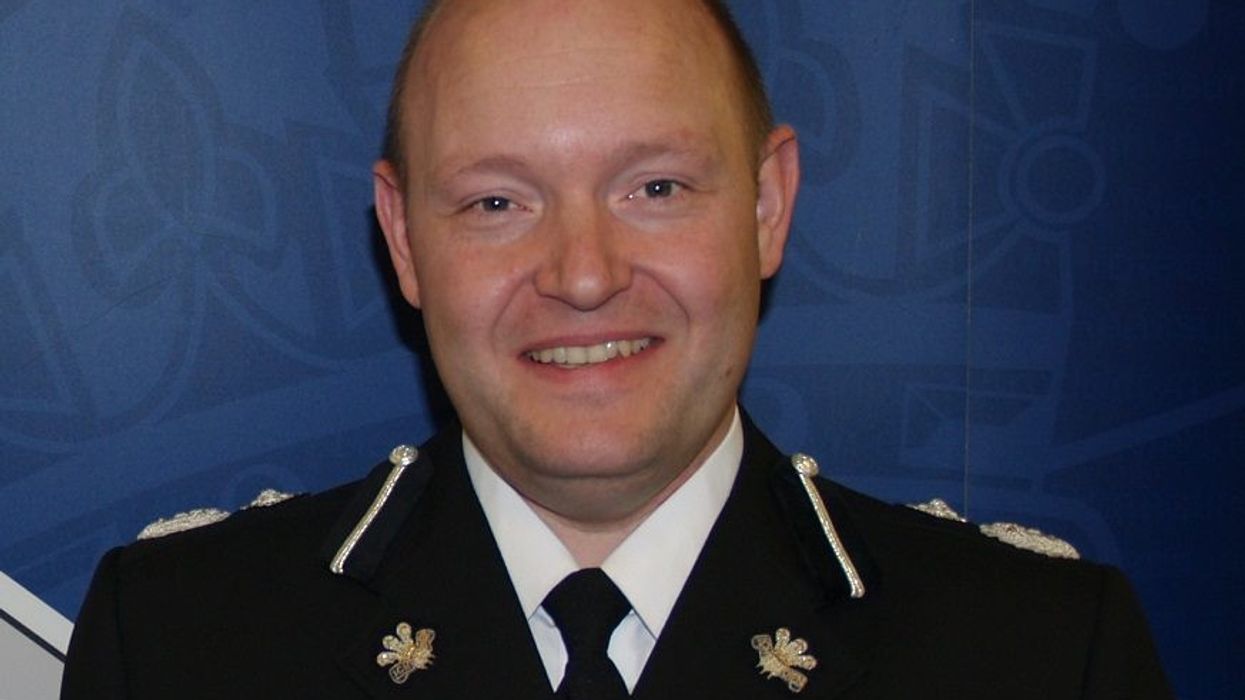The West Midlands Police promised to encourage more diversity in its ranks as the force launched an overhaul of neighbourhood policing on Monday (3).
Chief constable Craig Guildford told the BBC that under the new policing model the force has pledged to give local commanders better resources to make officers more visible.
West Midlands Police serves communities across Birmingham, Coventry, Dudley, Sandwell, Solihull, Walsall and Wolverhampton.
Under the new plan, each area will be led by a chief superintendent commander, with response and investigation teams based at the same local hubs as neighbourhood officers.
"Our force is one of the best forces with regards to representation across the UK but we've got more to do. One of my strategic priorities is to make sure we are an employer of choice. I've got good opportunities for local people of talent to come and work for us, regardless of their colour or background," Guildford was quoted as saying by the BBC.
The police chief pointed out that results of the Met Police's Casey review 'cast a dark shadow over policing'.
Guildford, who took over the force in December, exuded confidence that the culture of sexism and racism uncovered in the Met Police will not be repeated in the West Midlands.
Last month, a review by Louise Casey, a member of parliament's upper house, revealed that Met Police is institutionally racist, misogynistic and homophobic and unable to police itself, heaping pressure on the Met's new chief to reform Britain's biggest police force.
According to Guildford, such behaviours occurred occasionally in every force, but he would not tolerate the public being let down.
"Some of those themes from time to time pop up in every force, ours is no different. I dismiss people for badly letting the public and their colleagues down and I will continue to do so, in upholding those good standards that the public expects," he said.
West Midlands Police expect more visibility of police in communities as the force recruited 3,000 new officers over the last three years.





